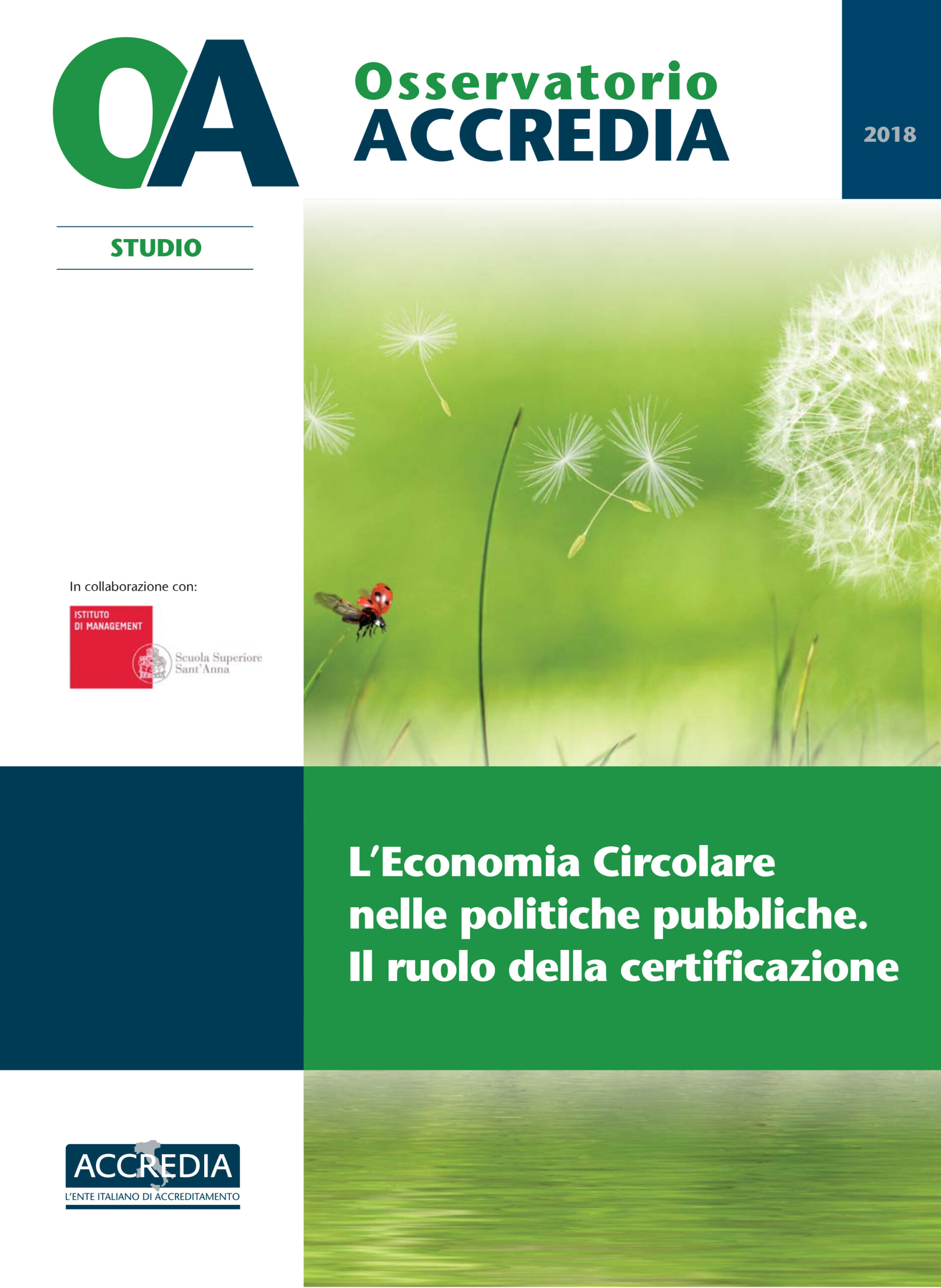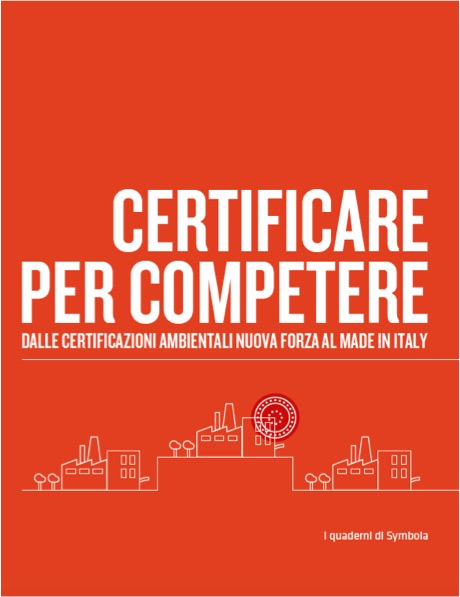Environment
Supporting businesses in climate challenges
Accredited certification allows businesses to demonstrate that they have a valid environmental policy in place to address environmental risks and comply with applicable standards and regulations.
It is increasingly crucial for businesses to adopt and manage an effective environmental policy. Demonstrating compliance with current regulations and the ability to prevent or address environmental risks not only reduces legal and operational risks, but also strengthens the company’s reputation.
Through the verification of greenhouse gas emissions, carried out in accordance with international standards, companies can accurately measure the impact of their activities, monitor the pollution generated, and identify opportunities to improve sustainability.
Management system certifications
ISO 14001: the pillar of sustainable environmental management
The voluntary adoption of environmental management systems is becoming increasingly widespread, in line with the new approach of European environmental policy, which is market-oriented and focused on sustainable development. Accredited certification according to the ISO 14001 standard commits organizations to continuously improving their environmental performance. It is not limited to the management of processes for environmental protection, but also promotes effective communication, both internally and externally, consolidating a green and sustainable corporate image.
The activities carried out through certification help to reduce costs related to waste management, resource consumption, and the purchase of raw materials. This results in a competitive advantage, improving organizational efficiency and optimizing company budgets. In an era of climate crisis, accredited certification according to the ISO 14001 standard offers companies concrete tools to address environmental challenges in an integrated manner, ensuring compliance with regulations and holistic management of sustainability issues.
Since 2015, with a significant revision, the standard has been updated to respond to the needs of a constantly evolving context. Among the main changes are the active involvement of leadership, the promotion of a sustainable corporate culture, and a focus on the life cycle of products and services, strengthening the link between environmental management and corporate strategy.
Product and service certifications
A strategic advantage for Green Public Procurement
Environmental certifications issued by accredited bodies play a fundamental role in Green Public Procurement (GPP), as they are recognized as means of proving compliance with the Minimum Environmental Criteria (Criteri Ambientali Minimi – CAM) defined by the Public Contracts Code or Procurement Code (Legislative Decree 36/2023).
These certifications guarantee the quality and environmental sustainability of the products and services purchased by contracting Authorities, while strengthening the effectiveness of GPP as a cross-cutting environmental policy tool. The sectors involved range from construction to maintenance, from furniture to automotive, promoting a positive impact on the entire production chain.
For companies, they represent a strategic opportunity, offering a competitive advantage in the public procurement market. Certifications are often included in technical specifications and selection criteria, with the possibility of obtaining bonus points during the award phase. This makes them an essential tool for winning over Public Administration customers, in line with the growing focus on sustainability and environmental standards.
Verification and validation
Transparency for green claims and climate sustainability
Verification and validation accredited according to the ISO/IEC 17029 standard guarantee the transparency of information declared by companies about their products and services. These processes confirm that green claims are accurate (verification) or plausible (validation). For example, the amount of CO2 actually emitted by a company in the previous year is verified, or the estimated CO2 absorption potential for a reforestation project is validated.
These activities, originally developed to certify the accuracy of claims relating to the carbon footprint of products (CFP) and greenhouse gas emissions, now apply to any sector. However, they remain central to greenhouse gas (GHG) emissions management, emissions trading schemes (ETS), and monitoring, reporting, and verification (MRV) systems.
Many of these schemes are applicable under European regulations and are recognized as key technical tools for implementing the UE environmental policies in support of initiatives against climate change, contributing to the achievement of the European Commission’s ambitious goal of making Europe climate neutral by 2050.
Publications
Benefits, costs and expectations of the environmental management system – 2018
The survey of organizations with an accredited environmental management system (EMS) shows the steady growth of ISO 14001 certifications and the ability of companies to assess their strengths and weaknesses and adopt a benchmark approach to managing environmental aspects.

The Circular Economy for public policies. The role of certification – 2018
The research shows that Italy is the leading country in the European Union in terms of policies relating to the application of Green Public Procurement, and that its policies are a benchmark for many countries that are embarking on a path towards more effective application of these rules.

Certification for competiveness. From environmental certification to Italian products – 2016
The study highlights the benefits obtained by companies that decide to use accredited certification in the environmental sector (increased turnover and exports, greater customer satisfaction, improved corporate reputation and relations with the local community and Public Administration), but also the critical issues encountered in the market and among consumers.
Costs, benefits and expectations of ISO 14001 certification for Italian enterprises – 2015
From the perspective of certified organizations, the survey quantifies the costs and benefits of adopting an environmental management system (EMS) certified according to ISO 14001 by accredited bodies. The usefulness and difficulties perceived by companies are evaluated, as well as their interest in further future projects in the environmental field.
Costs, benefits and expectations of ISO 14001 certification for Italian enterprises – 2013
Aimed at Italian organizations that have obtained ISO 14001 certification, the survey analyses the market’s perspective on the advantages of adopting an environmental management system (EMS), also reflecting on the difficulties and limitations encountered in its implementation and maintenance.